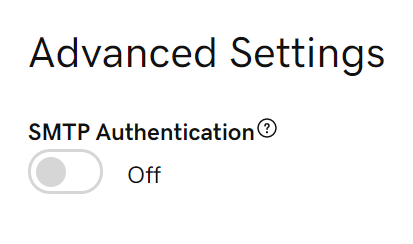I'm facing some problems using the nodemailer module in my node.js single gear non-scalable application in Openshift. As the documentation suggested, I initialized the transporter object and used the sendMail function. A simplified version of my code is
var transporter = nodemailer.createTransport({
service: 'Gmail',
auth: {
user: '[email protected]',
pass: 'mypassword'
}
});
var mail = {
from: '[email protected]',
to: '[email protected]',
subject: 'Test mail',
html: 'Test mail'
};
transporter.sendMail(mail, function(error, info) {
if(error){
console.log(error);
}else{
console.log(info);
}
});
This code works correctly when I run it on my local machine, but when I try to execute it on the server I got an ETIMEDOUT error, as if the application couln't connect to the smtp server.
{ [Error: connect ETIMEDOUT] code: 'ETIMEDOUT', errno: 'ETIMEDOUT', syscall: 'connect' }
I've tried to increase the timeout connection parameter, but I got the same results.
var transporter = nodemailer.createTransport({
service: 'Gmail',
auth: {
user: '[email protected]',
pass: 'mypassword'
},
connectionTimeout: 5 * 60 * 1000, // 5 min
});
Is there any firewall or default Openshift settings or enviroment variable I'm missing?


25to587– Sibella